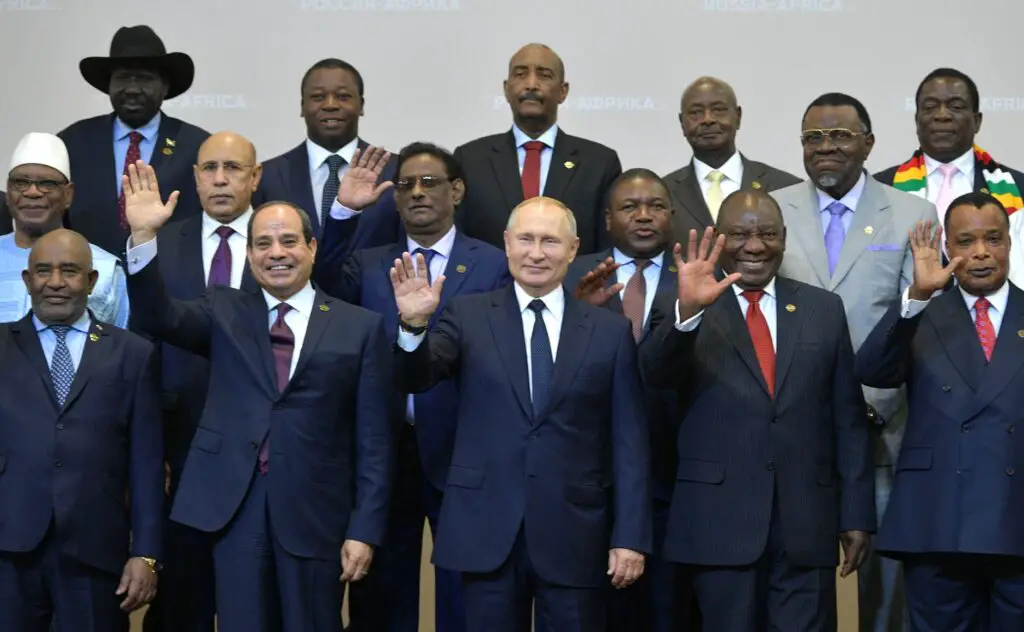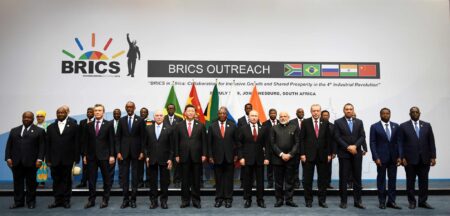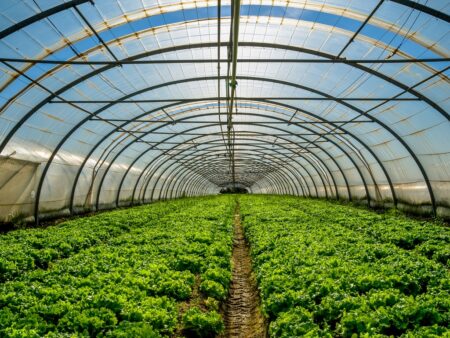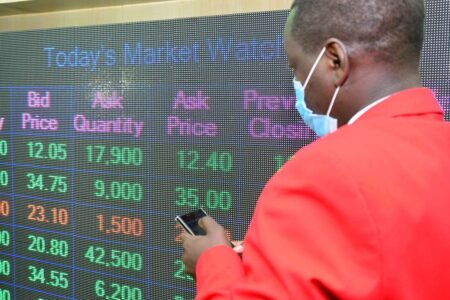- The second Russia-Africa Summit is underway in St Petersburg, Russia.
- The first Russia-Africa summit in 2019 culminated in the signing of 92 agreements, worth over $11 billion.
- Russia is looking to maintain major trade deals with Africa—a market of 1.3 billion people.
The second Russia-Africa Summit is currently underway in St Petersburg, Russia. This crucial summit taking place on 27th and 28th July has left tongues wagging in the West. The summit has the potential to either further isolate Russia globally or turn the tide and see Africa back Moscow.
How the summit plays out will have very significant outcomes in the determination of the ongoing geopolitical shifts.
$11Bn worth of deals in 2019 Russia-Africa summit
In 2019, Russia and a score of African leaders met for the first Russia-Africa Summit which culminated in the signing of 92 agreements, worth over $11 billion. This time around, with Africa facing a rising cost of living crisis due to uptick in fertilizer and grain prices, the continent aims at encouraging Russia to end the conflict.
However, asking Russia to amicably resolve the dispute with Ukraine is no walk in the park. The matter is further complicated by the controversial role of the Wagner Group in several African countries.
The Wagner Group is a Russia’s private military company that is deeply involved in conflicts across Africa. Ghana, for example, has been very vocal in its rejection of the group which is fighting allegations of gross human rights violations.
Then of course there is the matter of sanctions pressed upon Russia by the West which leaves Russia’s hands considerably tied down when it comes to offering economic support or international aid for that matter.
Another frustrating point for the West is that, while the meeting may be called the Africa-Russia Summit, but really, most all the 54 African nations speak individually and put their own national interests first.
Also Read: Russia relationship with Africa pegged on delivering pledges
Africa support for Russia
That be as it may, the West wants to see what Russia will offer the continent, or the individual countries for that matter. As matters stand, almost half of all African countries have assumed a “neutral stand” in the Russia-Ukraine war.
Some political scientists are of the view that Africa is going into this summit with the upper hand in any deal-making.
Africa, as was the case in the 18th century during the first scramble for the continent, remains by far resource-rich. The continent of 1.3 billion people can power the next phase of green energy globally. With cobalt and rare earth deposits, world superpowers are courting Africa and Russia is wants a stake, too.
The modern-day ‘Berlin Conference’
Renamed as the “Clamour for Africa” the scramble for the continent is back on, with renewed interest in establishing or redefining relationships.
A major difference is that this time around, Africa is on the discussion table. The modern day “Berlin Conference” is underway albeit with consent from Africa itself. What remains to be seen is whether African leaders will place the interests of their people first.
These major multi-billion dollar deals will make or break Africa. The continent’s future generation may find themselves locked into modern-day slavery due to the deals signed today.
Alternatively, should the current leaders take a visionary stance, a generation of Africans will be born into a developed, green, and highly advanced continent. These deals can see Africa become the global source of food, clean energy, and vital player in new technology.
What Africa should ask from Russia
Here are 5 key things analysts suggest that Africa should put on the table at the summit:
First, African countries must speak with one voice and call for an end to Russia-Ukraine war. African nations are in various stages of development and have a range of demands. It will be more fruitful to take a strong stance on matters that concern the entire continent.
The second need is that African nations consent to a different security arrangement with Russia. Preferably, the new arrangement should excludes the use of private military contractors. While several African nations rely on Russia for weaponry to quell insurgencies there, it’s crucial to avoid using private military. Instead, the countries in crisis can reach out and work directly with Russia.
Third, the conflict between Russia and Ukraine has had a significant impact on food prices in Africa. Since African nations rely on Russia and Ukraine for grains and fertilizers, supply chain woes are driving food inflation.
Africa needs grains and fertilizers
“The leaders of African countries understand the impact of food security on political stability. This issue must take priority at the summit. African countries need grains and fertilizer, and Russia is desperate not to lose its African allies. Securing a new deal should be on the table in St Petersburg,” writes Olayinka Ajala for the Conversation which has broadly covered the Russia-Ukraine dispute.
Fourth, despite a rise in trade volume between Russia and Africa in recent years, the continent still primarily imports. As a result, Africa is not profiting from its trade agreements with Russia. If anything, it is losing money since it is importing more goods from Russia than it is exporting.
“They should negotiate for a program that will allow them to increase their volume of exports to Russia. This can be something like the Africa Growth and Opportunity Act which allowed countries in sub-Saharan Africa to export products to the US tariff-free,” he adds.
The fifth goal is to lessen the war’s impact on the continent. In other words, if Africa is unable to persuade Russia and Ukraine to terminate the conflict, they “should secure a commitment to lessen the war’s impact on the continent.”
In my view, Africa should advocate for just two issues: the cessation of hostilities and the transfer of technology to the continent.











